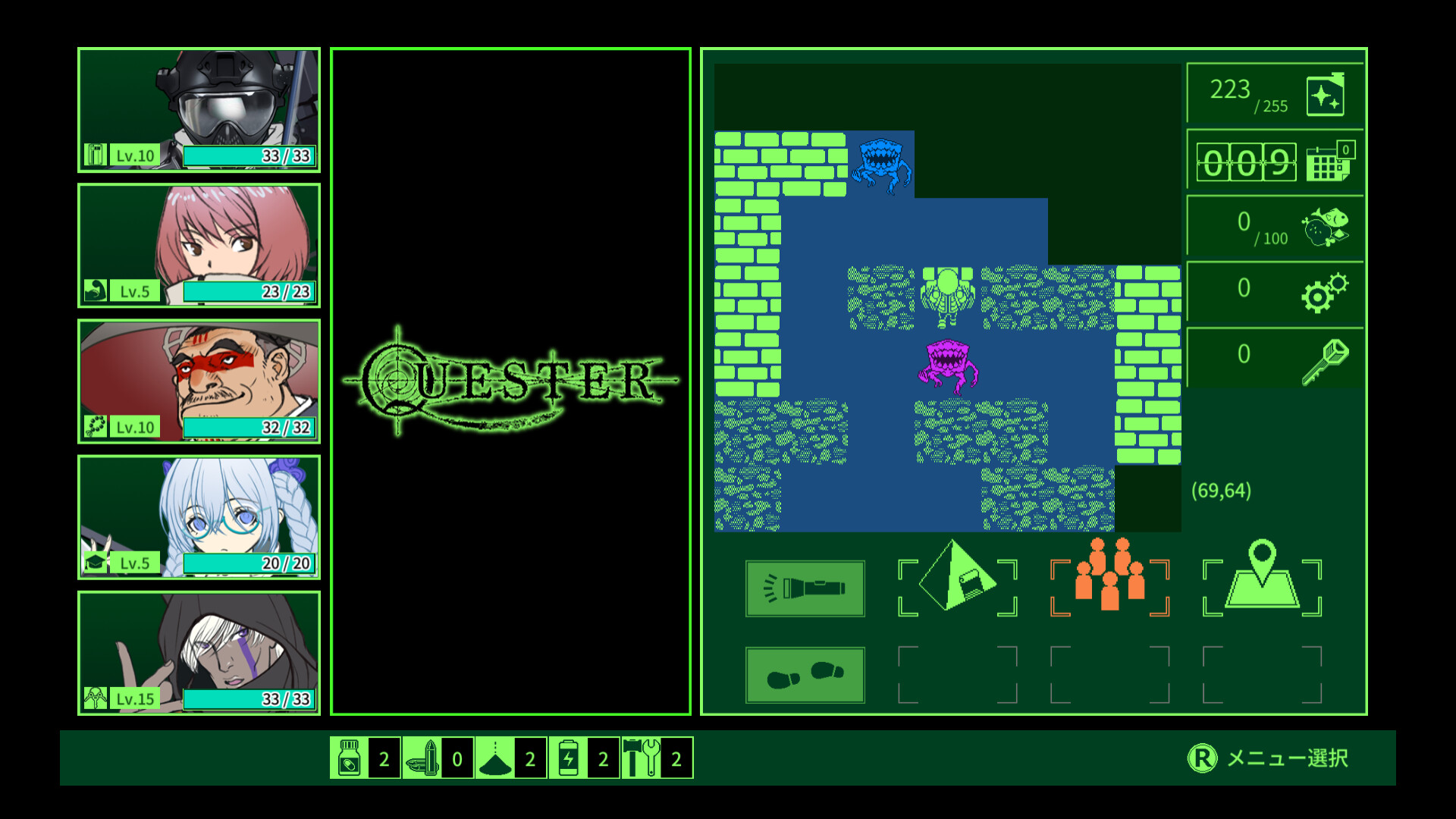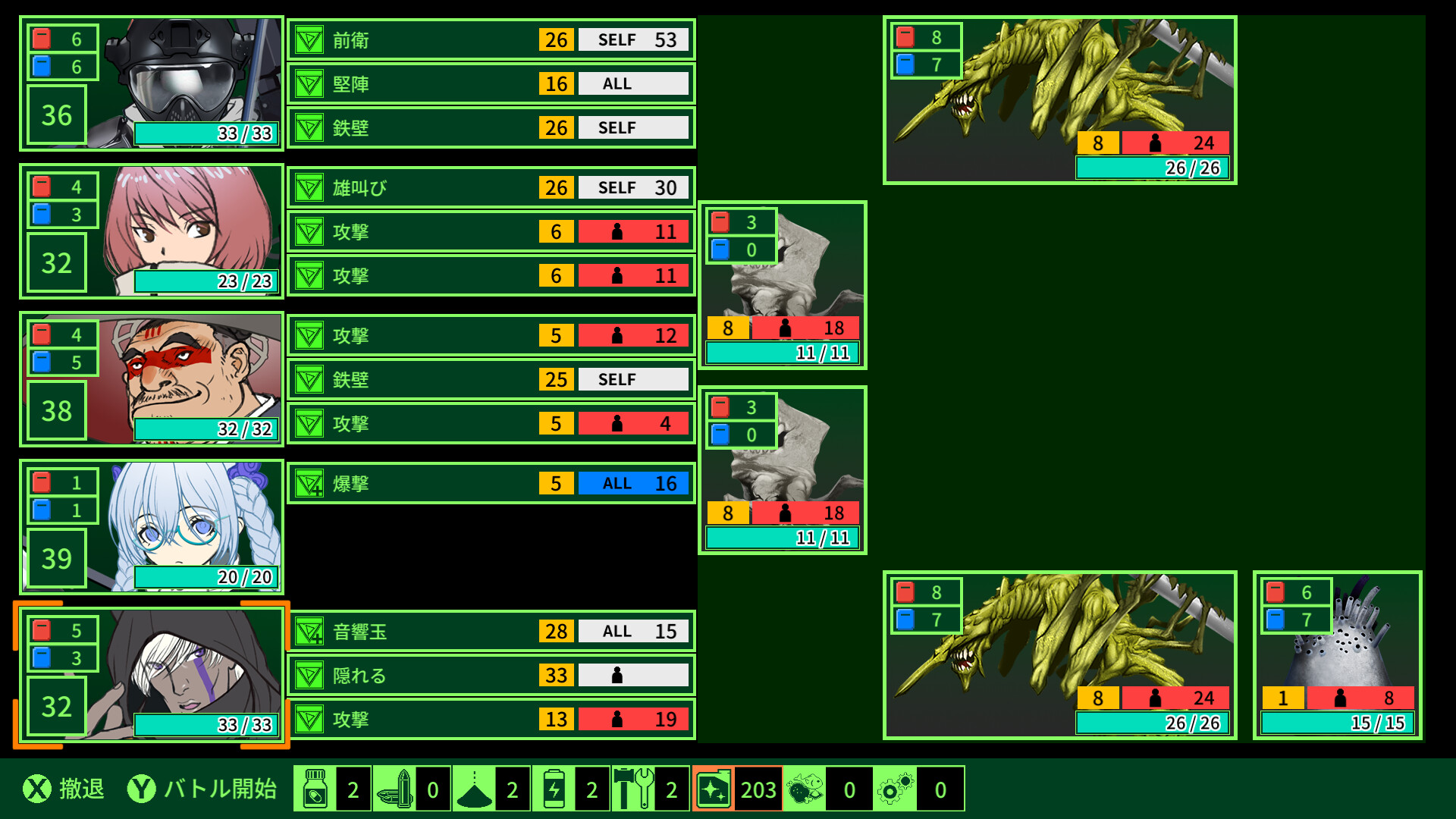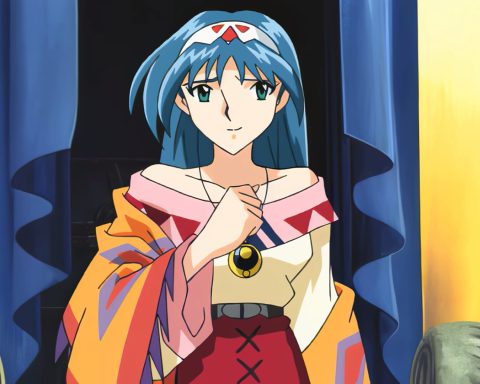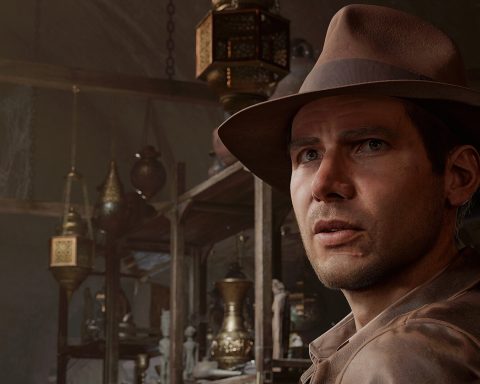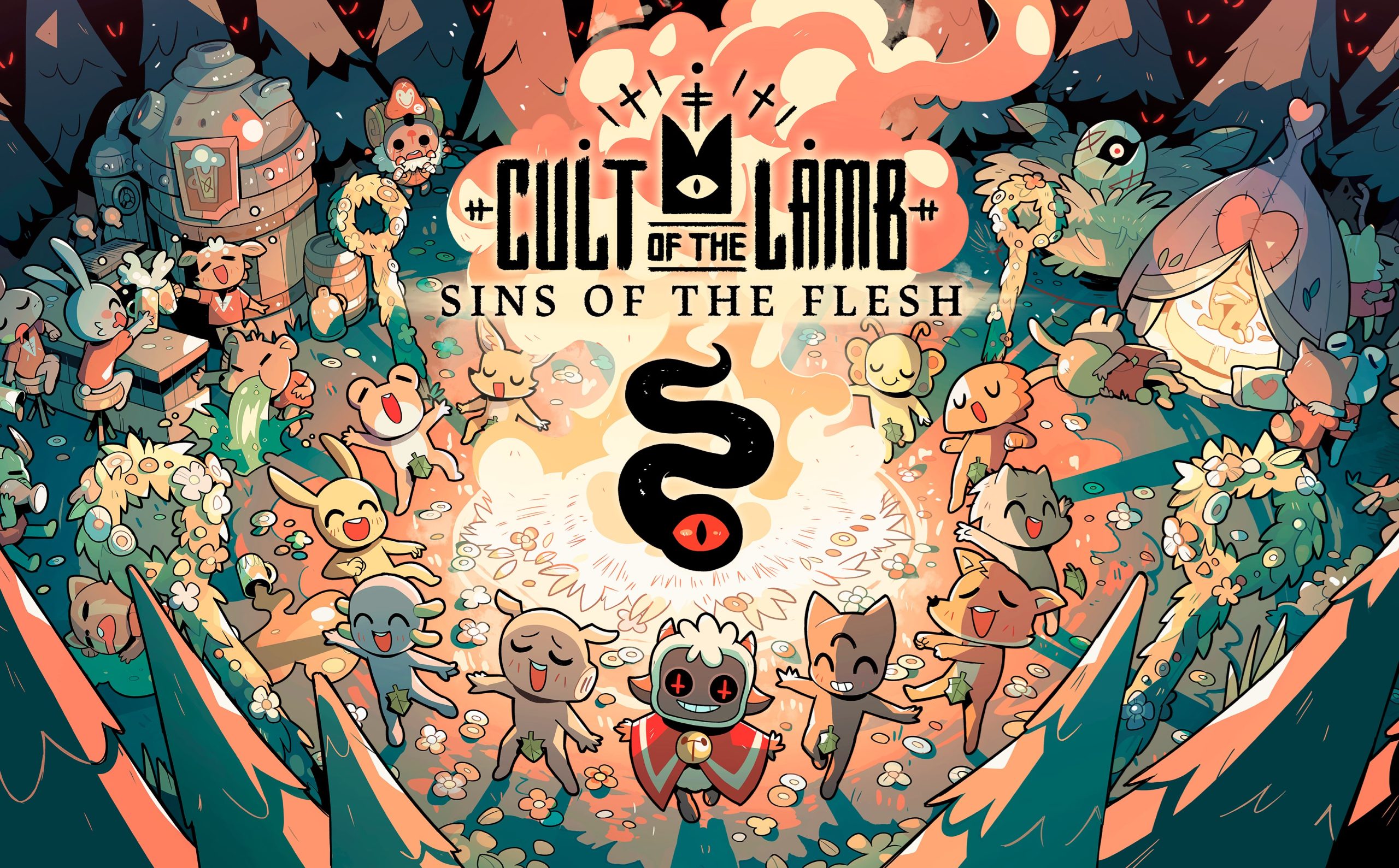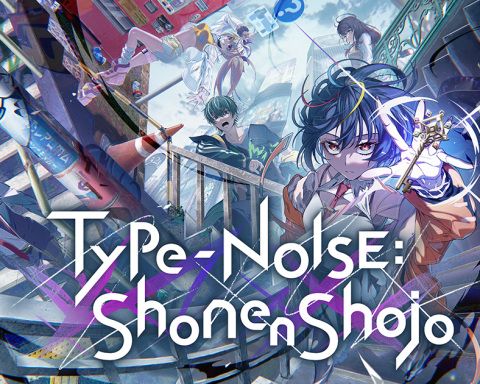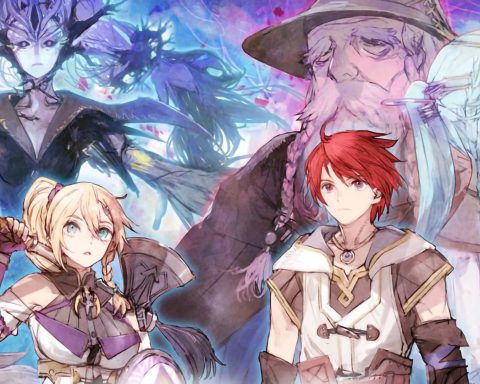Most of the time, Kemco is the publisher that churns out cheap and tacky JRPGs that make RPG Maker projects look professional. And it does them at a shockingly fast rate. And then, every once in a while, it discovers something that is genuinely interesting. Raging Loop is a hell of a rough gem in the visual novel space. Yōdanji is a better classic roguelike than it has any reason to be. Metro Quester is another game in this vein.
It doesn’t look like much, as you can see from the screenshots. Even by retro kitsch standards, it comes across as ugly and try-hard. But then, if you’re going to play a Kemco game, you’re not there for the visuals, and unlike Kemco’s usual oeuvre, Metro Quester is, dare I say, a genuinely original thing.
It tells a really grim story, albeit in about ten sentences across the entire game (if that’s an exaggeration, it’s only a slight one). A cataclysm has all but annihilated humanity, and what is left has been driven underground to eke out an existence in darkness among horrible terrors… and yes, okay, that’s reminiscent of the Metro series of novels and games, but there’s something evocative about the way that the primitive art conveys this. A lack of detail and animation, and the tiny window that you’re given to see into the world gives the game a grungy, gritty quality. It’s also a challenging game that is perfectly willing to deliver a total defeat within the first hour if you let it, and the lack of visual information then starts to make everything seem intimidating.
This concept also supports the main loop, where you’re trying to scratch out a meagre existence and, simply, survive. The routine works like this: Each time you venture into the “dungeon”, you’re given a certain number of turns to explore as far as you can and try and find some resources (food). You have to reach a certain quota before completing a certain number of these delves, or your people start to stave, and that makes survival even more unlikely. So you push on deeper and deeper into the catacombs, but this pulls you into combat with more powerful enemies. To survive those encounters you need to start spreading your network of bases and recruiting more survivors to your clan. But this means you have more mouths to feed.
So often with survival games, you hit a point where you have effectively beaten the system and the game shifts from being a desperate scramble to a playground. To Metro Quester’s great credit, it never loses sight of the fact that you’re never meant to be comfortable. A single wasted delve, or a single combat that goes the wrong way, and it’s all over for these last dregs of humanity. It’s intense, and I found myself sweating over moves more than a few times… and then I remembered that I was playing a Kemco game and that’s I’m just not meant to be this invested in it. And yet, I am.
While survival is always against the odds, there are plenty of ways to go about survival, with plenty of party customisation, job roles to play around with, and so on. At first, the real depth of Metro Quester doesn’t seem apparent, and I do think the developers did themselves a disservice there. More than a few players are going to give up on this before they get to the meat. But for those that stick with it, and learn to love the clunky “retro” interface, the rewards start to become apparent… for people that like min-maxing their RPG experience and playing around with numbers, there are spreadsheets worth of data to tweak their ideal parties here.
Ultimately Kemco knows that this thing’s not going to appeal to everyone. It’s a game that asks that you read through its manual rather than give you a tutorial. It doesn’t provide much of a “story,” instead asking players to use their imaginations to craft the narrative in their minds as they play. It uses its difficulty and “grind” to slow progress and relies on players rolling up their sleeves to overcome its mathematics-heavy challenges rather than necessarily enjoy their time playing it.
For all its warts, though, it’s also a genuinely interesting and intense mind puzzle. I have no doubt that Metro Quester will not sell as well as Kemco’s usual by-the-number SNES-era JRPG clones. It isn’t as instantly accessible or familiar. But if Kemco published more games like this it would be a publisher to respect and pay closer attention to. These kinds of quirky, different, and memorable experiences are what we need to see more of.
Buy gaming best sellers from Amazon (By purchasing from this link, you support DDNet, which earns a small commission per purchase)



